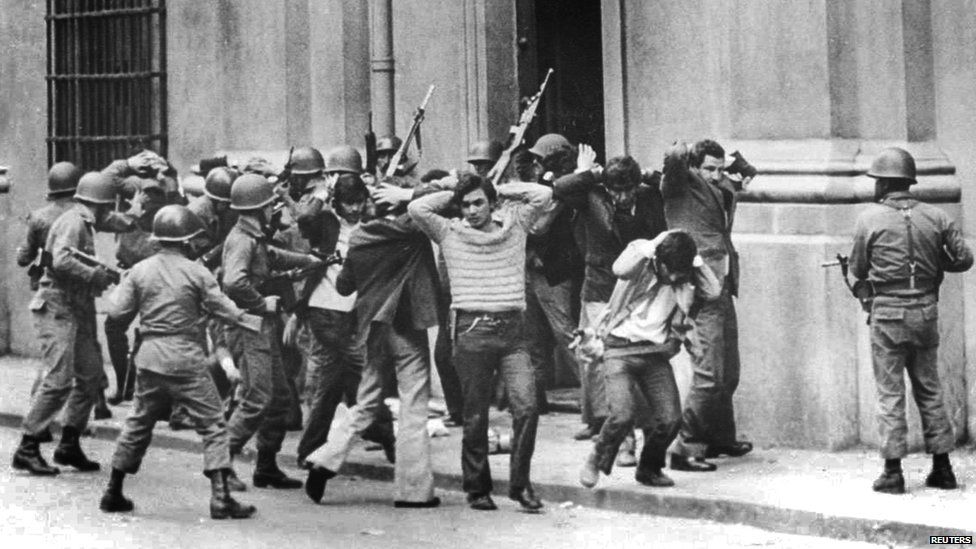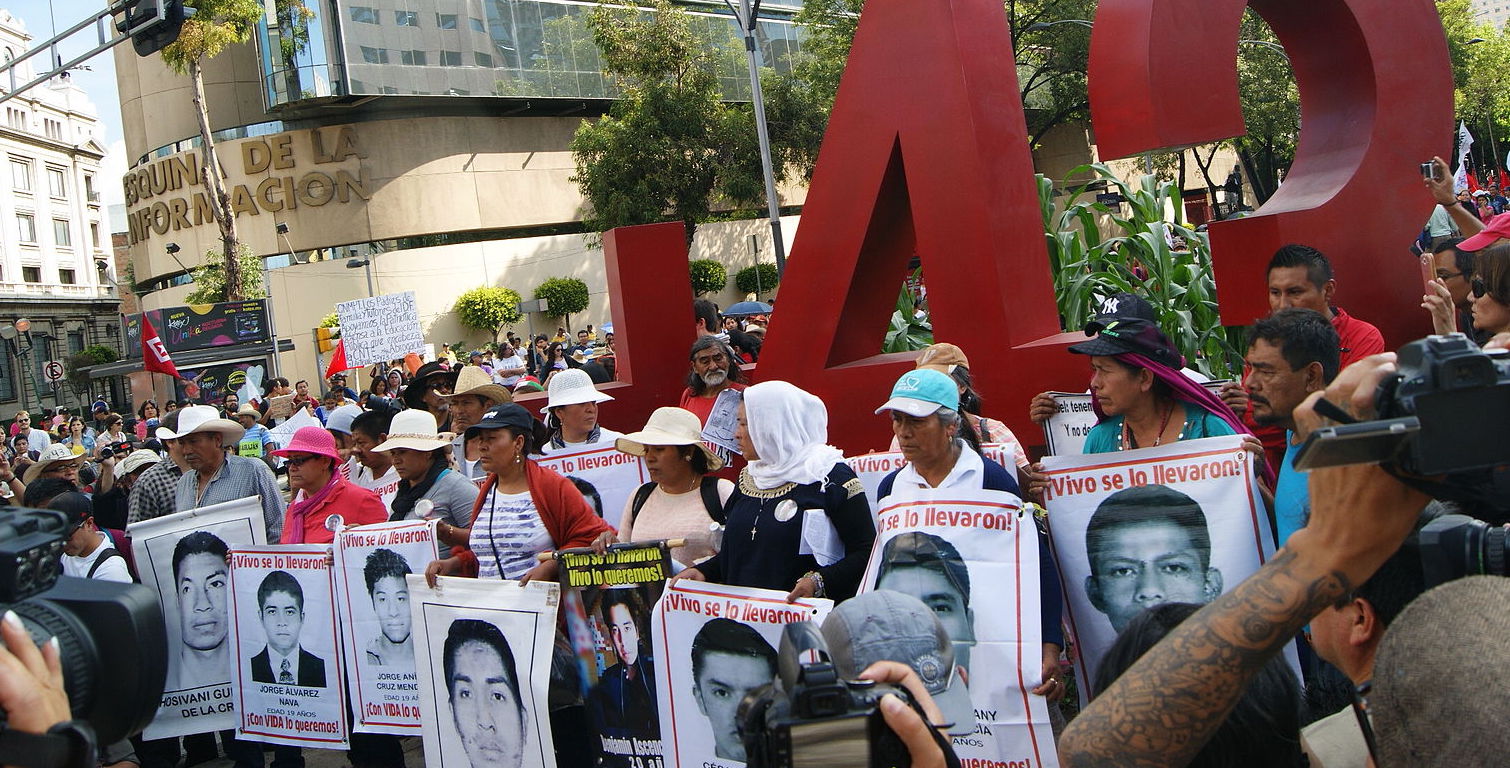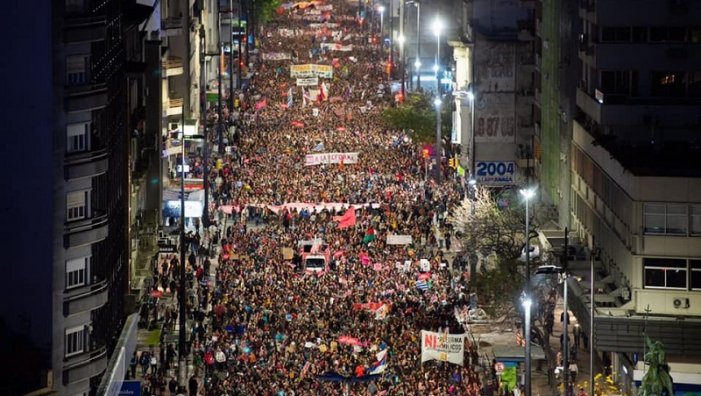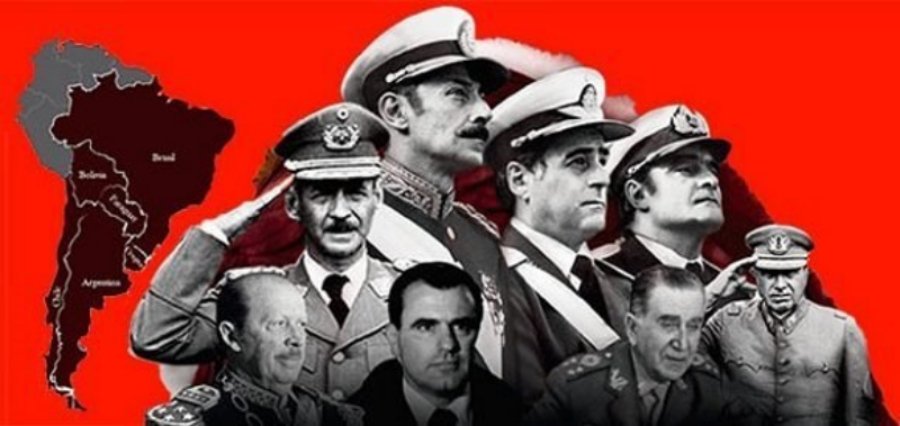
Chilean state launches search for ‘disappeared’
The families of the men, women and children killed or disappeared during the 1973-1990 dictatorship of Gen. Augusto Pinochet will finally have the official support of the state in their search for their missing kin. As Chile prepared to commemorate the 50th anniversary of the military coup on Sept. 11, President Gabriel Boric presented the country’s first National Search Plan, aimed at finding and identifying the remains of those who are still missing. So far only 307 sets of remains have been found and identified out of 1,469 officially listed as having been “disappeared” or murdered by the dictatorship. (Photo via BBC News)





